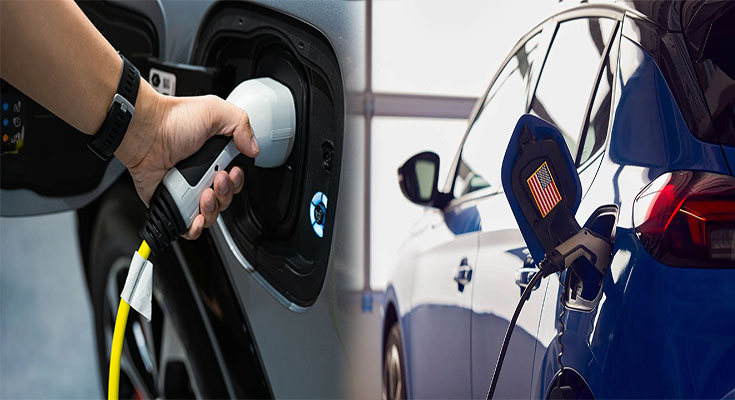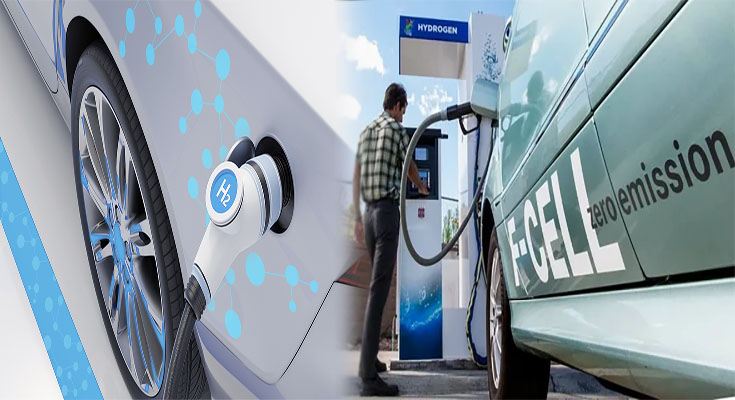
The Role of EV Incentives and Government Policies in Driving the Adoption of Electric Vehicles
In an era marked by increasing environmental awareness and the urgency to combat climate change, electric vehicles (EVs) have emerged as a sustainable alternative to traditional gasoline-powered cars. To accelerate the transition to a cleaner and greener transportation system, governments around the world are implementing a range of incentives and policies to promote the adoption of EVs. This article examines the significance of EV incentives and government policies in driving the shift towards electric mobility.
Financial Incentives
One of the most common strategies employed by governments to encourage the adoption of EVs is the provision of financial incentives. This includes subsidies, tax credits, rebates, and grants that lower the upfront cost of purchasing an electric vehicle, making them more affordable and attractive to consumers. Financial incentives help offset the higher initial prices of EVs and incentivize consumers to make the switch to electric mobility, thereby boosting market demand for environmentally …
The Role of EV Incentives and Government Policies in Driving the Adoption of Electric Vehicles Read More

